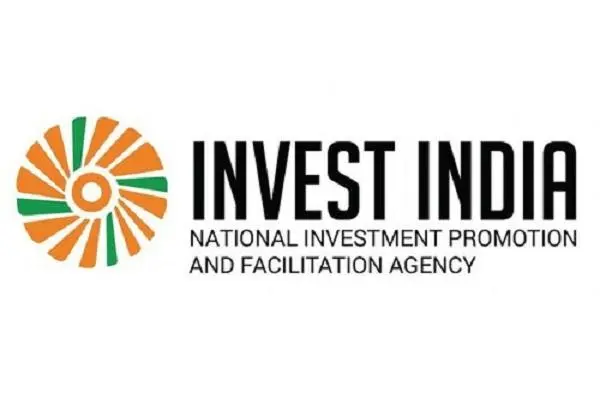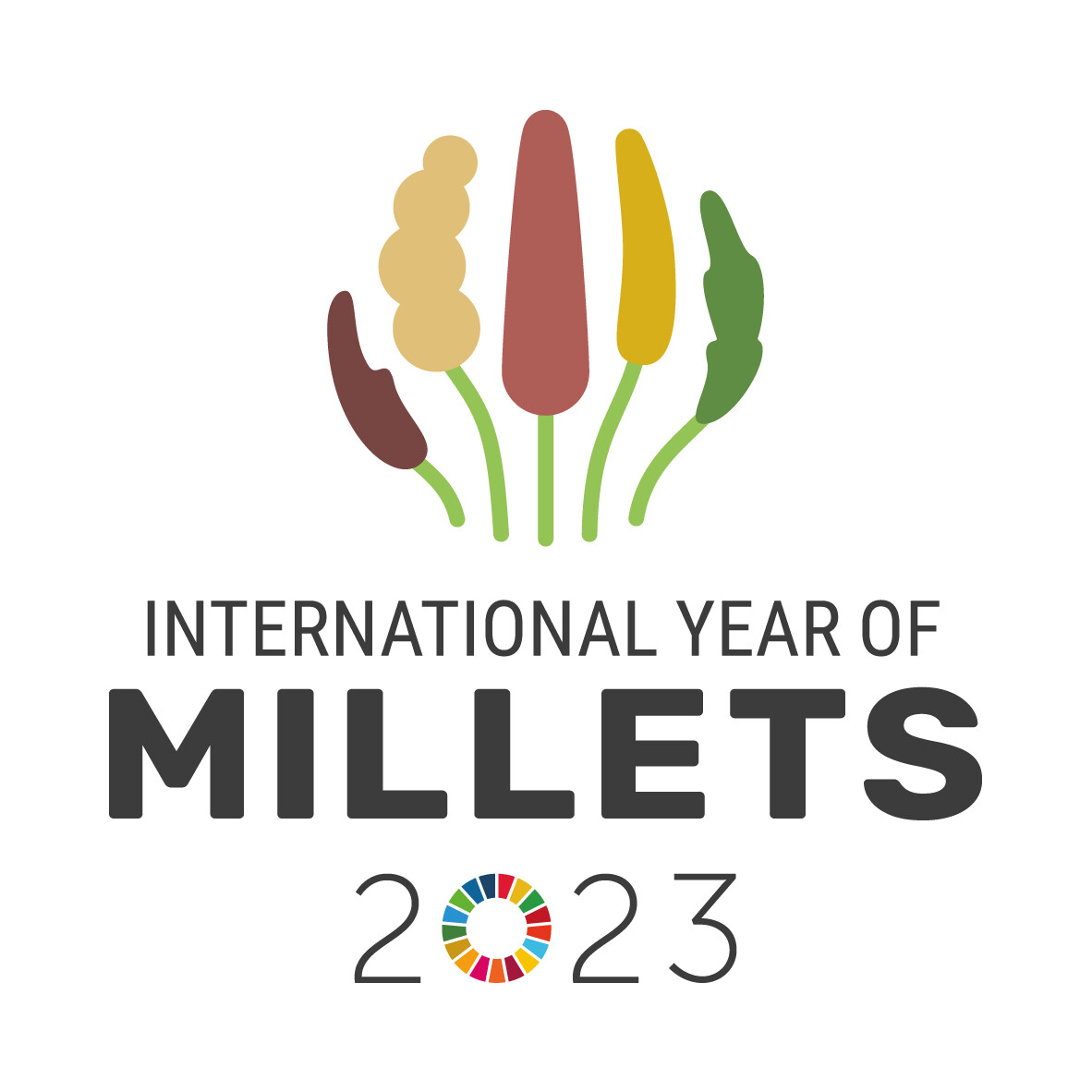"Korea, India historical connections date back over two millennia"
Against the backdrop of a deepening strategic partnership between Korea and India, Indian Ambassador to Korea Amit Kumar emphasized the vast untapped potential for growth between the two nations.
"We need to recognize that India and the Republic of Korea are special strategic partners," Kumar said during an interview with The Korea Times at the Embassy of India in Seoul, Thursday.
"As two leading democracies and economies, there's a lot we can cooperate on, not only bilaterally but also in addressing regional and global challenges."
Diplomatic relations between Korea and India were initiated in 1962. In 2010, the two nations entered into a "Strategic Partnership," which was subsequently upgraded to a "Special Strategic Partnership" in 2015.
Kumar stressed the significance of advancing the India-Korea relationship across various fronts.
The ambassador underscored India's robust $3.7 trillion economy and its potential for continuous expansion. He delineated opportunities for international partners in sectors, including advanced manufacturing, logistics, infrastructure and emerging technologies.
"We already engage in bilateral trade valued at nearly $25 billion, yet there remains considerable untapped potential. Consequently, we are actively addressing issues such as market access, non-tariff barriers and utilizing technology to streamline trade processes," Kumar said.
"We have more than 500 Korean companies present in India, and we want to explore new areas of cooperation, such as electronics, semiconductors and energy transition. We have close to 8.3 billion dollars in investments from Korea to India. Another $3 billion in investments will take place in the coming years.”
The ambassador also highlighted defense industry collaboration and financial cooperation, welcoming initiatives such as the Korea Investment Corp.’s opening of an office in India, along with other financial institutions performing well there. He underscored efforts to facilitate trade through bilateral arrangements and the strategic leveraging of technology.
“The Mirae Asset Mutual Fund stands out as one of the few foreign mutual funds among the top 10 in India. Additionally, there are several other asset funds from Korea that are also performing reasonably well in the Indian market,” he added.
According to the ambassador, the introduction of electronic certificates of origin will accelerate trade between the two nations.
"The implementation of electronic certificates of origin will streamline the clearance process for goods being exported or imported between our countries," he said.
When questioned about cooperation in green hydrogen, Kumar mentioned upcoming seminars and events aimed at fostering dialogue and partnerships between Indian and Korean businesses. He also cited examples of significant investments by Korean companies in India's electric vehicle segment.
“Hyundai Motor Group has already announced a $2.4 billion investment in the electric vehicle segment in India. LG Chem for example is one of the largest suppliers of two-wheeler electric vehicles or three-wheeler electric vehicles in India and we look forward to expanding that partnership as well,” Kumar said.
Turning to diplomatic priorities for the current year, Kumar highlighted significant milestones in 2023, notably India's G20 presidency and the 50th anniversary of diplomatic relations with Korea. These events paved the way for increased engagement across various levels, including meetings between President Yoon Suk Yeol and Prime Minister Narendra Modi.
"We want to build on the momentum from last year and deepen discussions on a range of issues," Kumar said, emphasizing the importance of early meetings between foreign ministers and institutional dialogues on critical and emerging technologies.
Cultural, people-to-people exchanges
Kumar underscored the pivotal role of cultural and people-to-people exchanges in fostering stronger ties between the two nations and added that it is a "very crucial aspect that the embassy is working on."
Highlighting the extensive historical ties between India and Korea, the ambassador said, "We have historical connections dating back over two millennia."
He elaborated on the narrative of Princess Suriratna, also known as Heo Hwang-ok, who purportedly traveled to Korea in 48 AD. According to the Samguk Yusa, the Indian King of Ayodhya had a dream in which he received a divine command to send his 16-year-old daughter to Korea to wed King Kim Suro of Gaya, thus forging a profound historical bond between the two sides.
"We also share the heritage of Buddhism, with fascinating research suggesting that Buddhism arrived in Korea in the 1st century, coinciding with the arrival of Princess Suriratna," he said.
"The National Museum of Korea is currently hosting the first-ever Buddhist art exhibition featuring 61 pieces from 12 museums in India."
Kumar highlighted the Indian Cultural Center here in Korea, where a wide range of activities such as cultural performances, film screenings, and food shows are organized. These initiatives are aimed at promoting awareness about India in Korea.
The ambassador elaborated on the importance of enhancing understanding of contemporary India, stating, "I think we can do more in terms of explaining our developments in contemporary India." He emphasized collaborations with think tanks, media and universities to broaden awareness about India's advancements.
"We are keen on fostering additional university-to-university partnerships," he noted, highlighting forthcoming collaborations between Korean and Indian academic institutions aimed at investigating possibilities for student exchanges and curriculum enhancement.
The ambassador mentioned that approximately 150,000 Koreans visit India for tourism purposes each year. He expressed optimism about increasing tourist exchanges between the two countries after the pandemic.
"In recent years, the Korean wave has captivated the imagination of younger people in India, especially K-pop and K-drama series, which are quite popular among them," he said. "We can cater to almost every interest group. Whether someone is seeking history, nature, adventure tourism, well-being tourism, or golf, I believe we have offerings to suit various interests."
Reflecting on his one and a half years in Korea, Kumar conveyed his appreciation for Korean cuisine.
"We've been great fans of Korean food for the past 25 years. Our introduction to Korean cuisine began during my posting in China, and since then, our family has thoroughly enjoyed Korean food," he shared.
Additionally, the ambassador found fascination in Korea's ability to blend modernity with tradition. "If you go to Seoul, there are many parts of the city where, for example, Jogye Temple is right in the center, and I'm intrigued by how seamlessly it merges. I believe that's something we can learn from," Kumar said. "Moreover, it’s good to be in a place where you experience four distinct climates."
https://www.koreatimes.co.kr/www/nation/2024/02/113_368897.html












